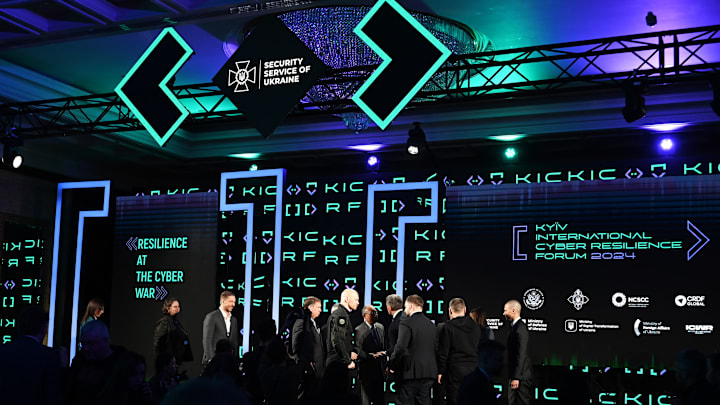As the digital world evolves and the IoT becomes even more embedded into our everyday lives, cyber security is becoming even more of a serious issue. While software and firewalls offer great protection and are evolving with the threats, sometimes you need a real person to act like a hacker to find things that computers can’t easily detect.
Keep reading while we discuss white hat hacking and how you can make it work for you.
What is Ethical Hacking?
Ethical hacking involves legally breaking into computers and devices to test an organization’s defenses. Unlike criminal hackers, white hat hackers operate with permission to find holes in security and report them so you or the company that hired you can repair them before the system gets compromised by a criminal hacker.
The Role of Ethical Hackers
Identifying Vulnerabilities
The primary job of an ethical hacker is to find vulnerabilities in the system and report them. They will check the network, systems, and applications to find flaws and pinpoint weaknesses.
Penetration Testing
Penetration testing involves conducting real-world attacks on a system using the same techniques that a real hacker might use but with the intent to improve security.
Security Audits
Ethical hackers perform comprehensive security audits to ensure compliance with industry standards and regulations.
Incident Response
Ethical hackers are often called upon to review an incident, determine the extent of the damage, and develop strategies to prevent future attacks.
Education and Training
Ethical hackers also play an important role in educating and training people about cybersecurity best practices.
Why Ethical Hacking is Essential
- The rise in cyberattacks has made ethical hacking an indispensable part of modern cybersecurity strategies.
- Ethical hackers identify and fix security weaknesses before attackers can exploit them, helping organizations stay one step ahead of cyber threats.
- Preventing a cyberattack is far less costly than dealing with the aftermath of a breach.
- Many industries are subject to strict regulations regarding data security. Ethical hacking ensures that organizations comply with these regulations, avoiding potential fines and legal issues.
- Ethical hacking allows you to stay up to date with changing security threats.
The Future of Ethical Hacking
Ethical hackers must continuously update their skills and knowledge to stay ahead of criminal hackers and to be able to identify methods they might use. Emerging technologies, like artificial intelligence, machine learning, and quantum computing, will present new challenges and opportunities for ethical hackers in the coming years.
Frequently Asked Questions
What Qualifications Are Required to Become an Ethical Hacker?
Individuals usually need a strong background in computer science or IT, experience in cybersecurity, and relevant certifications such as Certified Ethical Hacker (CEH) or Offensive Security Certified Professional (OSCP) to become a paid ethical hacker.
How Often Should Businesses Conduct Ethical Hacking?
Businesses should conduct ethical hacking and penetration testing annually and after any major updates to their systems. They may want to check it more frequently if they regularly fend off attacks.
What Tools Do Ethical Hackers Use?
Ethical hackers use a variety of tools to test security, including network scanners (like Nmap), vulnerability assessment tools (like Nessus), penetration testing frameworks (like Metasploit), and password cracking tools (like John the Ripper).
Is Ethical Hacking Legal?
Ethical hacking is legal and done only on systems that give permission, either for training or for improving security.
Follow GeekSided to learn more about ethical hacking and to leave comments and questions.
